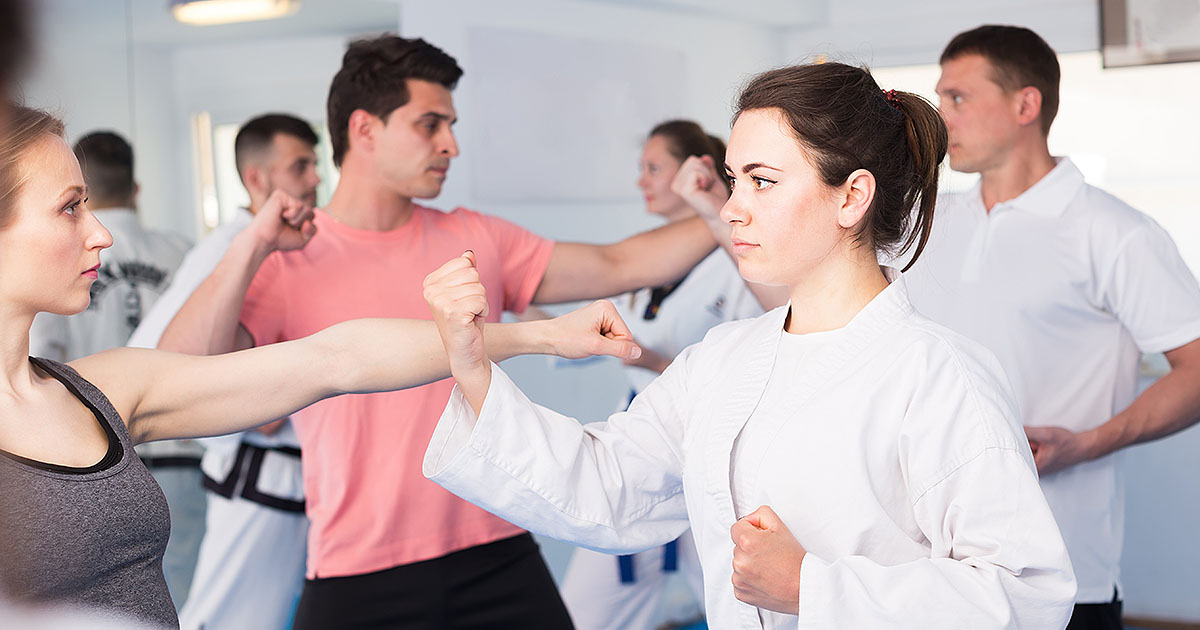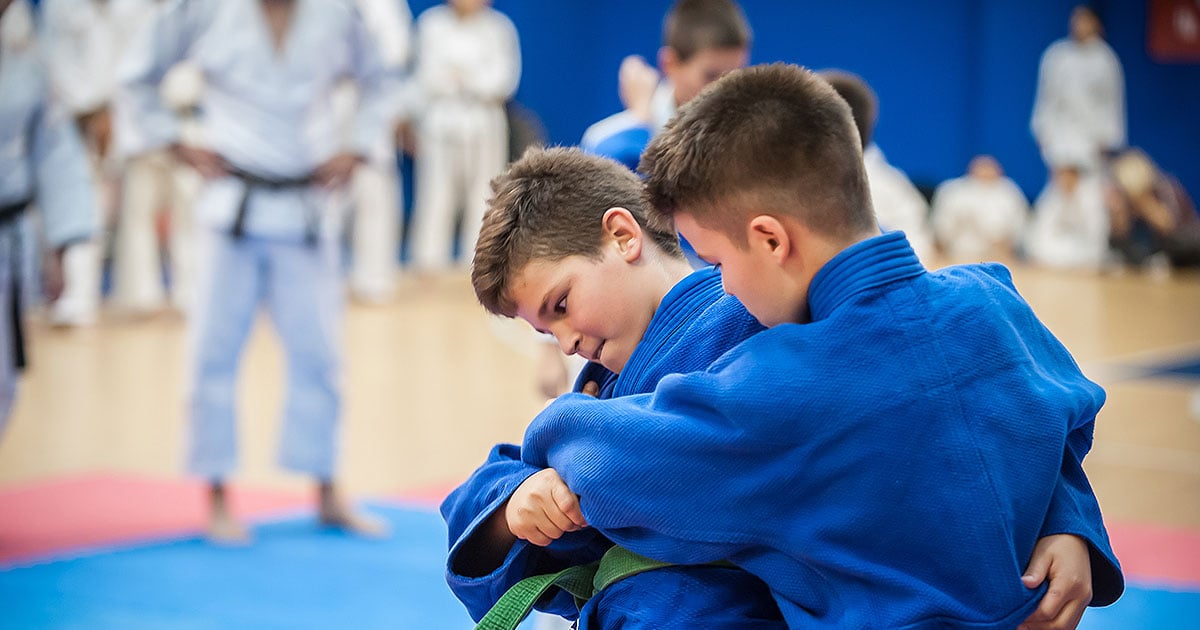Nutrition & Lifestyle Habits for Martial Artists
Nutrition is an incredibly important component of high performance. Without proper nutrition, your body won’t be able to grow and get stronger in the long run. Plateaus will hit everyone at some point and a lacking nutritional profile will bring that on much sooner. Although we mention calories below, we’re not going too in-depth with calorie counting or perfecting your macro balance. This is more of a general way of thinking about food so people can follow it, no matter how bad they are at sticking to diets. Here are some of our top tips for refining your fuel and improving your nutrition, through positive nutrition and lifestyle habits for martial artists.
Protein, Carbohydrates and Fats
The three cornerstones of your calorie intake is the first topic of discussion for martial arts nutrition. While measuring the ratio of proteins to carbs to fats is essential for elite athletes, your normal students probably don’t need to go this far. While the verdict is all over the map for the perfect balance, we like the thought behind a balance of fats and carbs with about 0.8 grams of protein per pound of bodyweight. Research shows that this is the maximum amount of protein needed to maximize muscle growth via protein intake. More importantly than perfecting ratios, getting these macronutrients from high quality, natural, unprocessed foods will help build a healthy martial artist.
Calorie Intake
Whether you want to bulk up or slim down, calorie intake is a huge part of how your body changes, size-wise. Energy surpluses and deficits help dictate whether you are losing weight or gaining weight. If you’re training hard, that excess will become muscle, up to a point, then the rest will be stored by your body as fat. The key is to understand your body’s caloric needs and to keep track of what works and what doesn’t. Calorie counting isn’t for everyone but educating yourself on how many calories are in a dish can help you make better choices to meet your goals. Remember, portion size can often be the biggest contributing factor.
Yes to Fat, No to Sugar
A related New York Times article recently went viral and with good reason. According to them, the sugar industry may have paid off scientists to downplay the effect of sugar on heart disease and to promote fat as the cause instead. One of the unethical scientists who accepted payment was D. Mark Hegsted, later becoming the head of nutrition at the United States Department of Agriculture. This may have affected 50 years of research on nutrition and heart disease, misdirecting the general public on how we would come to understand the health implications of sugars and fats.
Fats are a necessary part of a healthy martial arts nutrition plan, when taken from the right sources. Deep fried foods are not healthy and they should be limited. However, healthy, unprocessed fats coming naturally from coconuts, olives and avocados are great. They’re necessary for proper brain function, to satiate hunger, and a number of other health benefits.
Listen to your Body and Find Balance
In the end, balance is everything for martial arts nutrition. When you pay attention to how the food you eat makes you feel, you’ll start to notice patterns of what works and what doesn’t. Keeping a food journal can really help you figure out what kinds of foods make you feel good or bad; everyone is different. At the end of the day, the best martial arts nutrition plan is the one your students will stay with. For most, focusing on eliminating processed foods and eating whole, natural foods will be enough to optimally fuel them for a healthy lifestyle.
What’s your nutritional philosophy for martial arts? Share with us on our Facebook, and follow us on Twitter and Google+, to stay up to date with all of your ChampionsWay news.




